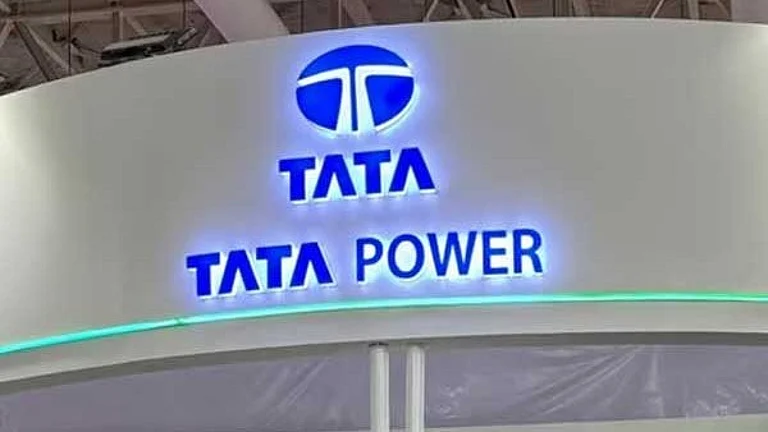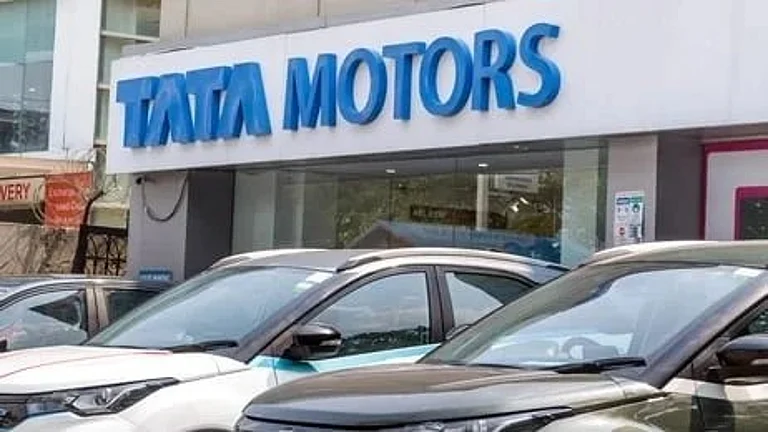Indian software giant Tata Consultancy Services (TCS) is expected to pay a $210 million fine after a jury in a federal court in Dallas, Texas, convicted the company guilty of stealing trade secrets from DXC Technology.
This comes after TCS last week revealed a $125 million provision for the third quarter following the company's loss in an Epic Systems litigation and claim.
TCS has refuted the allegations, the company said that it “respectfully disagrees with the jury’s advisory verdict. The matter will now be decided by the Court, which has ordered further briefing from the parties. We plan to continue to litigate this ongoing case. We will have no further comment as the case remains pending,” a company spokesperson told ET.
TCS was sued in 2019 by DXC's precursor, Computer Sciences Corp, on the grounds that TCS had licenced its software to Money Services Inc., a Transamerica affiliate. Transamerica awarded TCS a $2 billion contract in 2018. According to the lawsuit, Tata rebranded 2,200 Transamerica workers in 2018 and created a rival life insurance platform by using their access to CSC's software to learn its source code and other confidential secrets. The complaint claimed that TCS did not grant access to the source code of its proprietary systems, which were then utilised to enhance the TCS BaNCS software, but rather that the agreement was for third-party administration.
In a decision rendered last week, the jury determined that the Tata Group subsidiary had created a rival platform by misusing private information on DXC's CyberLife and Vantage-One software, which are used to manage annuity and life insurance plans. It stated that TCS owes DXC $140 million for its "willful and malicious" exploitation of its trade secrets and $70 million for stealing its trade secrets.
Two years ahead of schedule, the US-based insurer Transamerica terminated its 10-year agreement with TCS earlier in June. According to people with knowledge of the matter, Transamerica was moving towards an insourced business model, which entails taking over TCS's IT operations. This occurs at a time when IT majors are finding it difficult to land big market deals.
































